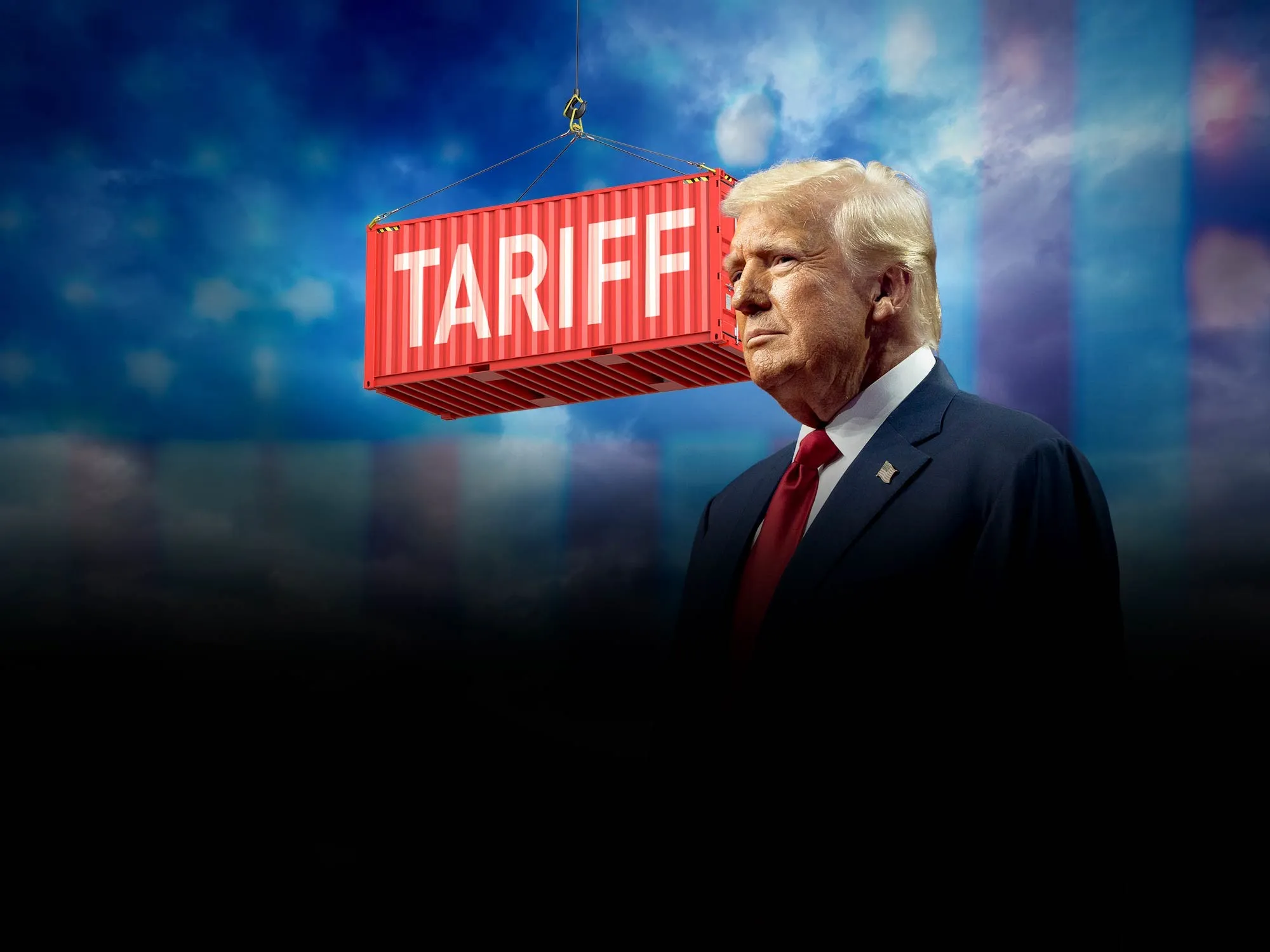In a significant policy shift, the United States has announced the imposition of tariffs on small imported parcels that were previously exempt from customs duties due to their low declared value.
The decision comes after growing concerns from U.S. authorities regarding the rapid increase in low-value shipments arriving through global e-commerce platforms.
These parcels, although individually small, have collectively represented a substantial portion of imports, particularly with the expansion of Asian platforms targeting American consumers.
Officials emphasized that such shipments created an uneven playing field, as local producers face higher operational costs and strict compliance measures, while many foreign sellers enjoyed customs loopholes.
The newly introduced tariffs are expected to directly impact American consumers, who have grown accustomed to purchasing inexpensive items delivered straight from overseas without additional charges.
The changes will likely lead to higher final prices for many goods and could reshape online shopping habits across the country.
Global e-commerce giants that rely on frequent, small-scale shipments may face increasing operational challenges and pressure to adjust their business models.
Economists argue that the move is part of a broader U.S. strategy to reduce the trade deficit, safeguard domestic supply chains, and strengthen national industries against intensifying foreign competition.
Furthermore, international shipping and logistics companies may soon find themselves forced to reevaluate costs and restructure delivery strategies to cope with the shifting landscape.
This policy could also spark new trade discussions between the U.S. and its key partners, as some exporting countries may view the tariffs as a potential barrier to free trade.
However, U.S. officials maintain that the ultimate goal is to achieve a fairer balance—protecting the domestic market while still engaging with global commerce.

















